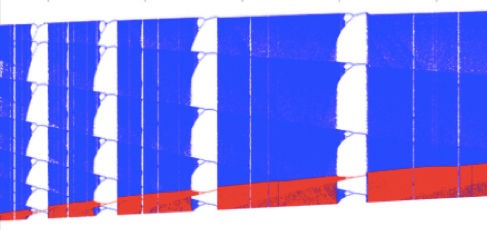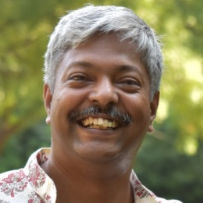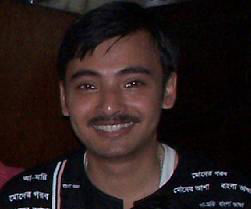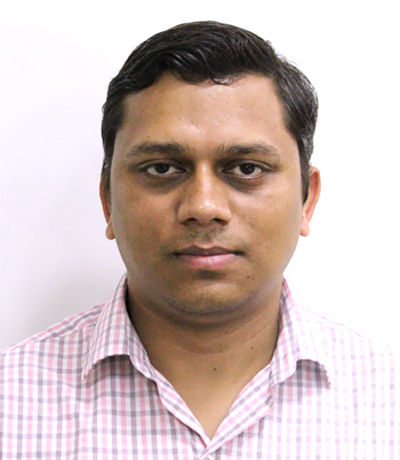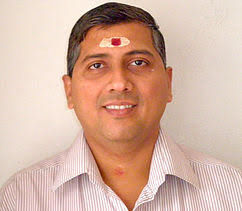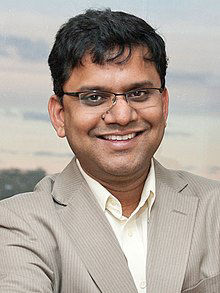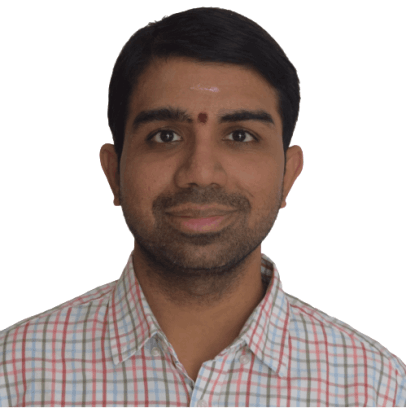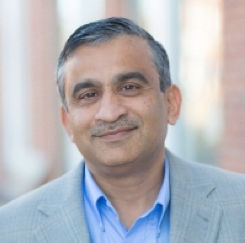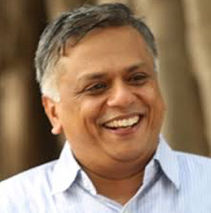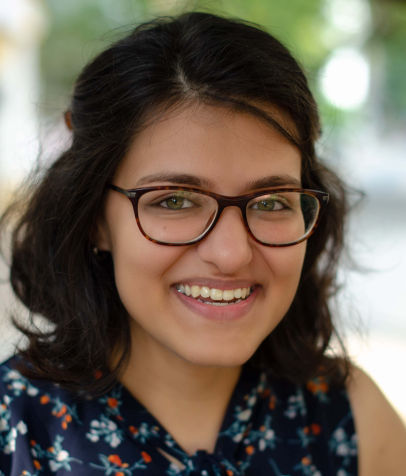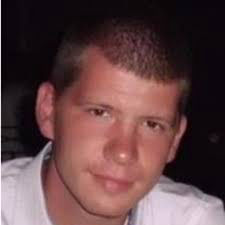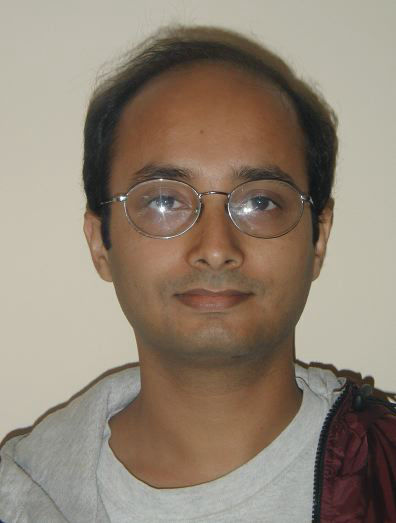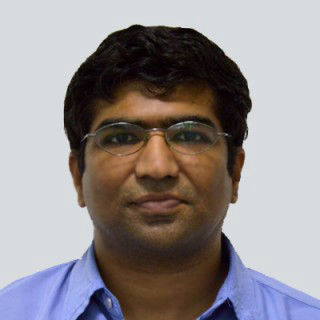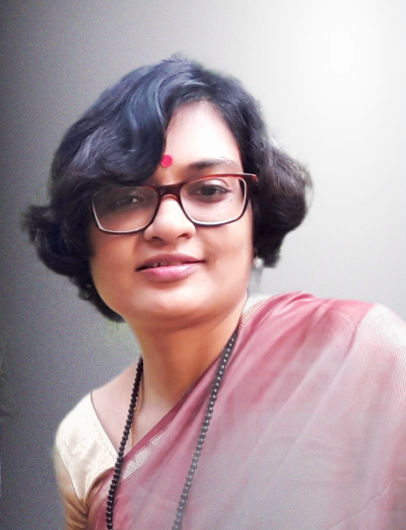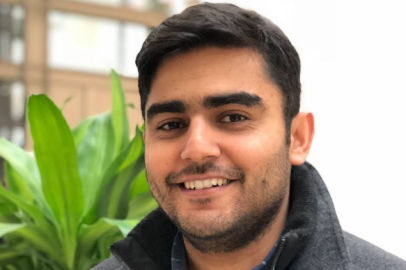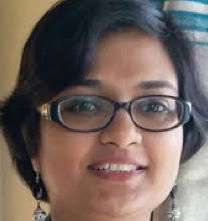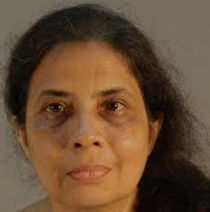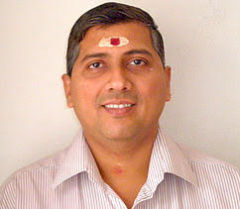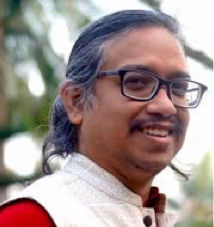Chandan Bose
University of Liége, Belgium
Characterization of dynamical systems using nonlinear time series analysis - a hands-on tutorial
Abstract: This tutorial talk aims to glimpse into nonlinear time series analysis methods used in characterizing dynamical signatures of different physical and engineering systems. Nonlinear time series analysis tools enable us to gain a proper understanding of predictability, transitions, synchronization, and characterization of the system response solely from scaler time histories, often easier to measure experimentally. These tools are also quite valuable for discerning the dynamical signatures of a system from short time histories simulated through computationally intensive approaches, such as computational fluid dynamics. The present talk will be a hands-on tutorial, where the speaker will play around with underlying code to show the parametric dependence of the response dynamics of some canonical systems. The first part of the talk will comprise a short primer on dynamical systems, attractors, bifurcations using a bifurcation diagram and time-frequency analysis in terms of time history, FFT, wavelet spectra, among others. Next, the time delay embedding, a widely used approach of state-space reconstruction, will be demonstrated, including the methods to determine the optimum time delay and minimum embedding dimension. Recurrence plots and various recurrence plot-based time series analysis methods will be discussed next, followed by calculating topological measures of the system attractors, such as the Lyapunov exponent. If time permits, the speaker will present the tools to unravel the synchrony characteristics of a coupled system using phase-based measures.
Bio: Chandan Bose is a post-doctoral research associate in the Fluid-Structure Interactions and Experimental Aerodynamics Laboratory and the Multi-physics and Turbulent Flow Computation Laboratory, Dept. of Aerospace and Mechanical Engineering, University of Liège, Belgium. He has obtained his M.S. and Ph.D. degrees from the Dept. of Applied Mechanics, IIT Madras, India, where he worked at the Uncertainty Laboratory and the Biomimetics Laboratory. He is passionately interested in fluid dynamics problems of different tastes, especially with flavours of turbulence and nonlinear dynamics. He aims to investigate a variety of complex multiphysics problems involving coupled nonlinear interactions, among which fluid-structure interaction and turbulence are his primary research focus.
Website
Video of seminar
